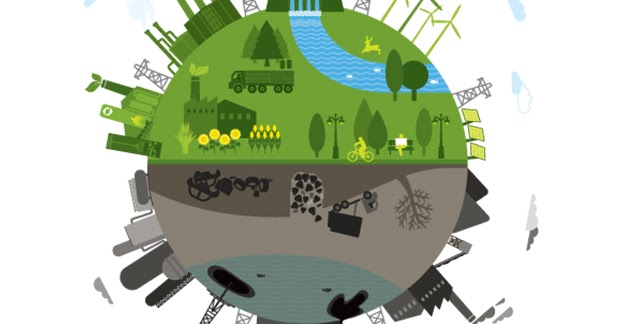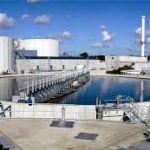Course Overview:
The “Environmental Design and Sustainable Engineering” course covers the fundamental principles of sustainable design and the importance of integrating environmental aspects into engineering processes. The course aims to enhance understanding of how to improve the environmental impact of engineering projects through sustainable design strategies and applications of environmental engineering. Current challenges in natural resource management and environmental design for sustainable development will also be addressed.
Course Objectives:
- Introduce participants to the principles of environmental design and sustainable engineering.
- Raise awareness of the importance of sustainability in engineering projects for environmental protection.
- Develop skills to apply sustainable design strategies in projects.
- Understand the tools and techniques used in environmental impact assessment.
- Enhance the ability to develop innovative solutions to environmental challenges.
Training Content:
- Introduction to environmental design and sustainable engineering.
- Principles of sustainability and its dimensions: social, economic, and environmental.
- Environmental assessment techniques: measurement and analysis tools.
- Sustainable design strategies: from concepts to application.
- Natural resource management: water, energy, and materials.
- Green building techniques: sustainable materials and energy-efficient design.
- Case studies of successful projects in environmental design and sustainable engineering.
- Future trends in sustainable design and associated challenges.
Target Audience:
This course is designed for architects, structural engineers, environmental engineers, students in engineering and environmental fields, policymakers, researchers, and professionals in sustainable development. It is also beneficial for practitioners looking to enhance their skills in designing sustainable projects and understanding their positive impacts on the environment and society.






